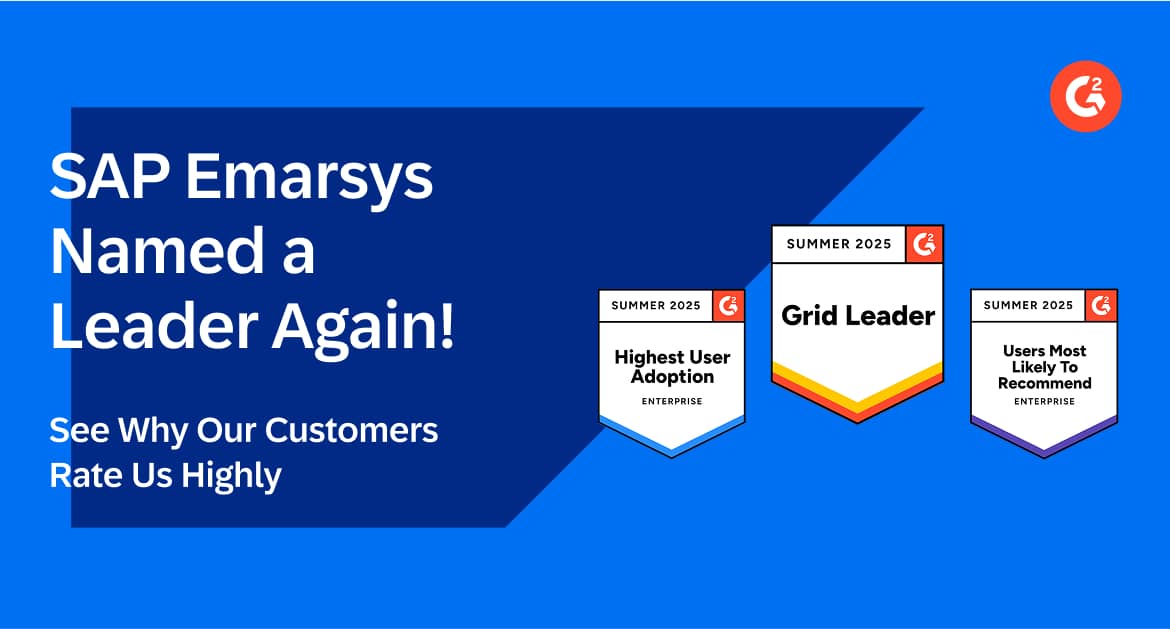At the most basic level, personalized marketing, or one-to-one marketing, requires the collection and analysis of customer data to inform and implement a strategy wherein a brand delivers customized content to recipients, communicating to each as an individual. This strategy can help marketers drive conversions, boost engagement, and improve overall customer loyalty.
Today’s consumers have an almost insatiable appetite for increasingly personalized content from their preferred brands. They recognize that it allows for a more relevant and, subsequently more enjoyable, experience, and they are proving it with how they spend their money. A recent Accenture report claimed that 75% of consumers are more likely to buy from a retailer that not only recognizes them by name, but also recommends options based on past purchases, and 59% say that personalization influences their shopping decision.
The Ultimate Guide to Building a Personalized Marketing Campaign
Brands today clearly need a well-planned personalized marketing strategy, but this can be tricky without a clear plan of the resources and technology required to do it correctly.
Implementing the Right Technology
When it comes to personalization, data and automation reign supreme. Collecting and analyzing critical consumer data is how marketers can create informed, personalized content for their customers. That can be extremely overwhelming when it comes to finding the time, resources, and expertise required to organize and analyze high volumes of data, and then apply the results to optimize and personalize marketing efforts. This is where implementing the right technology can make this process easier and more impactful for everyone.
Automation and artificial intelligence solutions can alleviate much of the day-to-day tasks marketers face. Automation solutions can collect, analyze, and take over some of the more operational tasks, allowing marketers to allocate more time and energy to strategy, content, and creativity.
Artificial intelligence marketing and machine learning will ensure each customer’s information is used to continuously better their brand experience. In addition, finding a smart personalization engine allows marketers to individualize content for each recipient. By finding and implementing the right tools for the task, marketers are free to think about the bigger picture, including which marketing strategies to implement and when.
Email Marketing Integration
By now, the idea that “email is dead” is… well… dead. Email is still one of the most personal and effective ways to reach customers. By knowing when customers are most likely to engage with email versus other channels, or whether they engage more frequently on mobile or desktop, brands have immense insight into their market. They can also use this information to guide future email campaigns. Email campaigns are one of the quickest and most impactful ways to work personalized marketing into an overarching strategy, and it can go far beyond a tailored greeting.
Personalized Incentive Recommendations
By leveraging machine learning, brands can produce personalized incentive recommendations for their customers. How often has an email marketing team created a beautiful incentive offer for their customers, only to have it just not hit the mark? With personalized incentives, marketers can use their artificial intelligence technology to create the best discount for each customer based on individual shopping history, browsing and buying behavior, and past engagement.
For example, a free shipping offer is sometimes all it takes for a customer to follow through with the purchase. Other times, it may take a buy-one-get-one-free offer, or maybe nothing at all! If used too often, incentives can create a lower perception of a brand’s prestige, but with the right data, marketers can deliver the right incentive, to the right customer, at the right time. This customized approach not only drives sales, but also improves the customer experience, further strengthening the relationship between customer and brand.
Personalized Product Recommendations
Including personalized product recommendations is a great way to show how well a brand “knows” their customer. If a customer has looked at or purchased one product, why not offer relevant alternatives or accessories? Emails should be tailored to showcase products relevant to the customer based on previous shopping behaviors, and websites can be tailored to showcase the same. If a customer has purchased mainly menswear, it would make much more sense to show them additional men’s products each time they see a brand’s email or visit the website.
Final Thoughts
The industry shift toward personalized marketing is becoming increasingly critical for brands to implement. Customers expect tailored communication and an overall better brand experience with every interaction. With the right technology and integrations, brands can individualize content for each customer, increasing brand loyalty and helping marketers to better accomplish their goals.
Want to build the perfect personalized marketing campaign for your business? Emarsys can help you every step along the way.
Related Articles:












